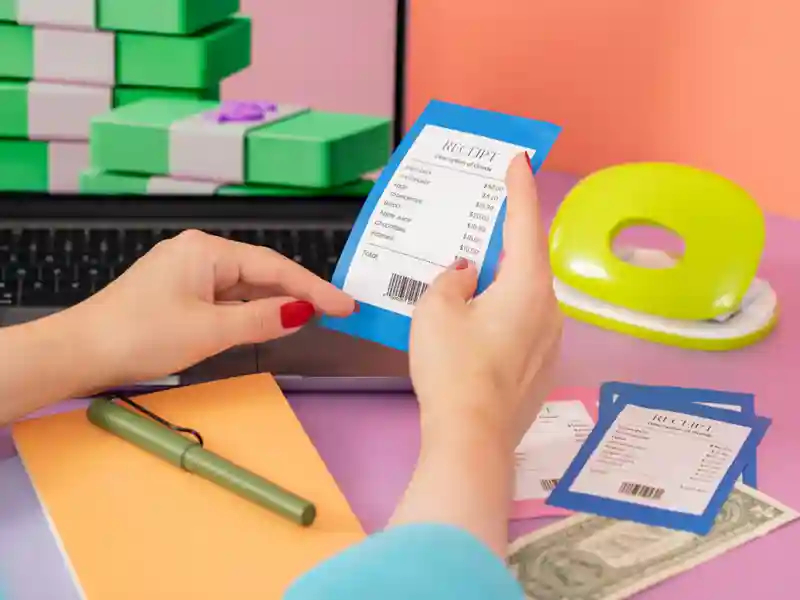
If you have big financial goals in mind — buying a house, paying cash for a car, retiring early — you need to mind your budget. But that budget should be a helpful roadmap, not a straitjacket. And like a road trip, small things can make a huge difference in how long it takes and how much you enjoy the ride.
Paying attention to details can pay off big when you identify and eliminate small, repetitive charges from your monthly spending. To gauge the impact of these budget busters, start with a list of all the things you’re paying for. If you use a debit or credit card to pay your bills, this should be easy. Get your last few statements and print them, then sit down with a highlighter and start snipping — and saving.
Amazon. Think about this: If you’re an Amazon Prime member for the next 10 years, you could buy Jeff Bezos up to nearly 1,600 gallons of fuel for his rocket at about a buck a gallon. While the $12.99 per month cost may not seem like much, over time this type of expense can push your budget into the stratosphere. But that’s just the beginning. Maybe you have an Alexa? How much is that costing you? Sure, the basic Alexa services are free, but its seductively simple ordering capabilities can quickly put a dent in your wallet. Instead of barking out, “Alexa, buy me a case of that mango-scented soap I like,” you might decrease or eliminate that purchase if you had to sit down and think about it.
Netflix, Hulu, Disney+, etc. How many streaming services do you have? How many do you actually use often enough to make it worthwhile? If staying at home streaming “Frozen” keeps you from driving halfway across town for a frozen yogurt multiple times a month, it might be worth it. Otherwise, “let it go.”
Cable packages. If you have a cable or satellite service and you also pay for online streaming services, ask yourself how much TV you’re actually watching. In addition to the financial cost, there’s also the health costs of couch surfing for days on end. Write down all the channels you watch monthly, weekly and daily and start cutting out all the pieces that you’re using infrequently — or not at all. If you really miss a channel after you cancel, you can always resubscribe.
App subscriptions. Remember when you thought it would be cool to sign up for a language app so you could talk to your fourth cousins in Lithuania? Then you forgot all about it. We can guarantee it didn’t forget about you and is still charging you $19.99 a month. Check your credit or debit card statements and start canceling. And if you’re paying subscription fees for office suite software, keep in mind there are free (yes, free) alternatives like GoogleDocs, Libre Office, WPS Office and Free Office. The same is true of other popular software packages.
There are many more seemingly small expenses that, over time, can balloon your budget. Check out Part 2 of this article to learn more. And to help set up a budget to keep you on track to achieve your financial goals, give your WellCents financial professional a call.